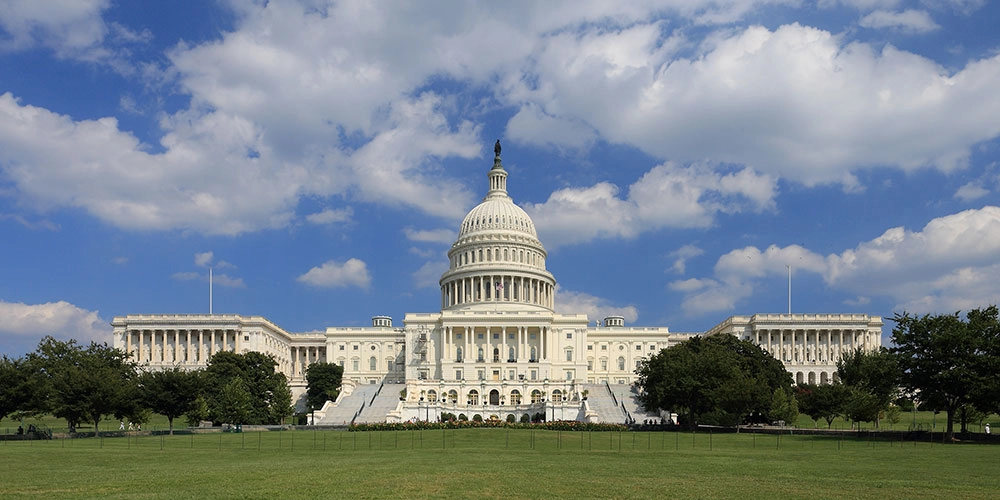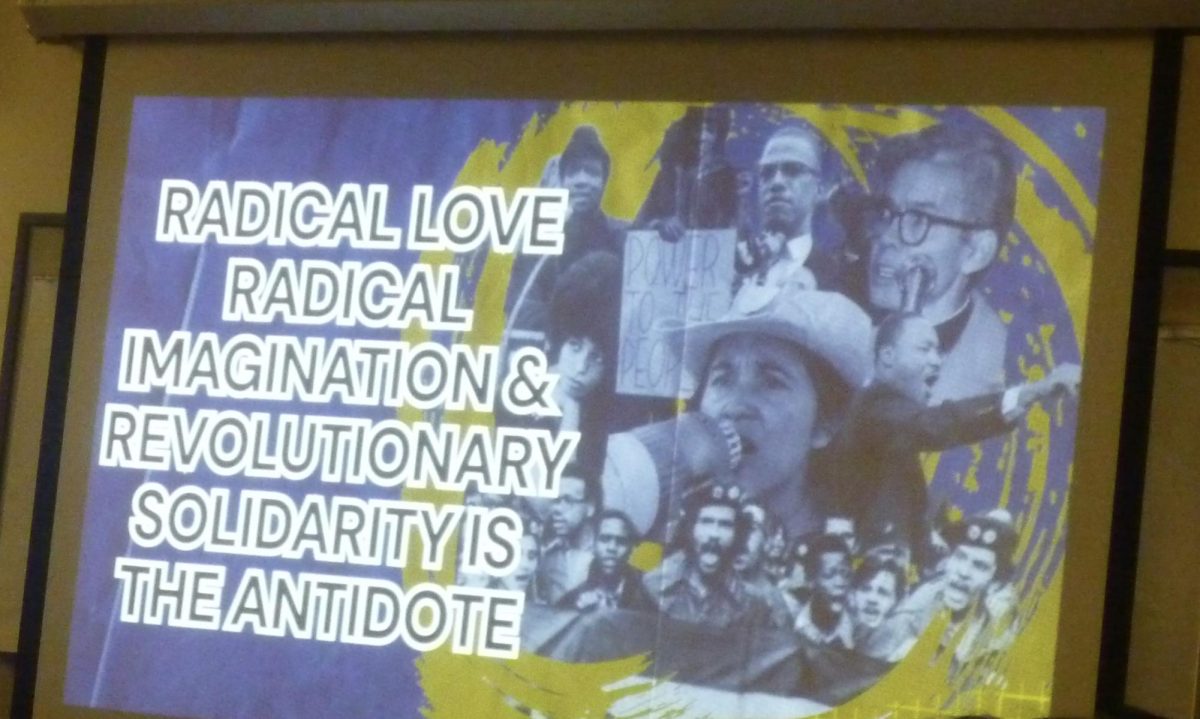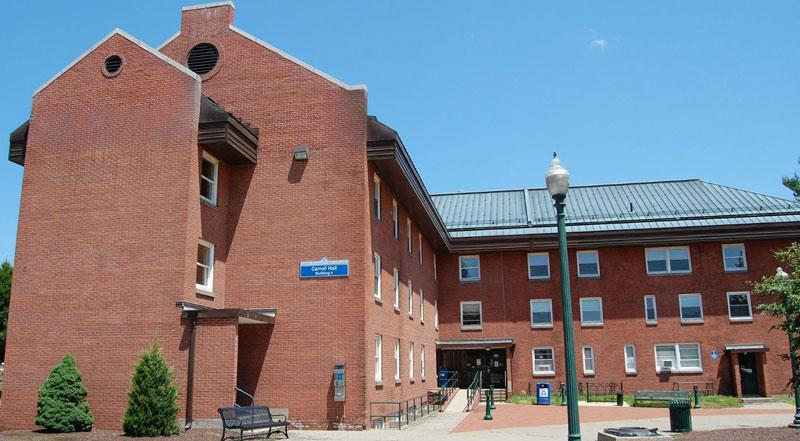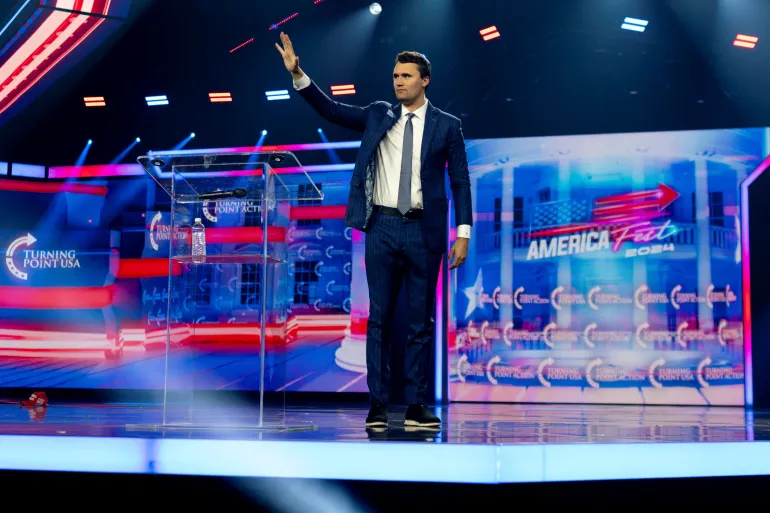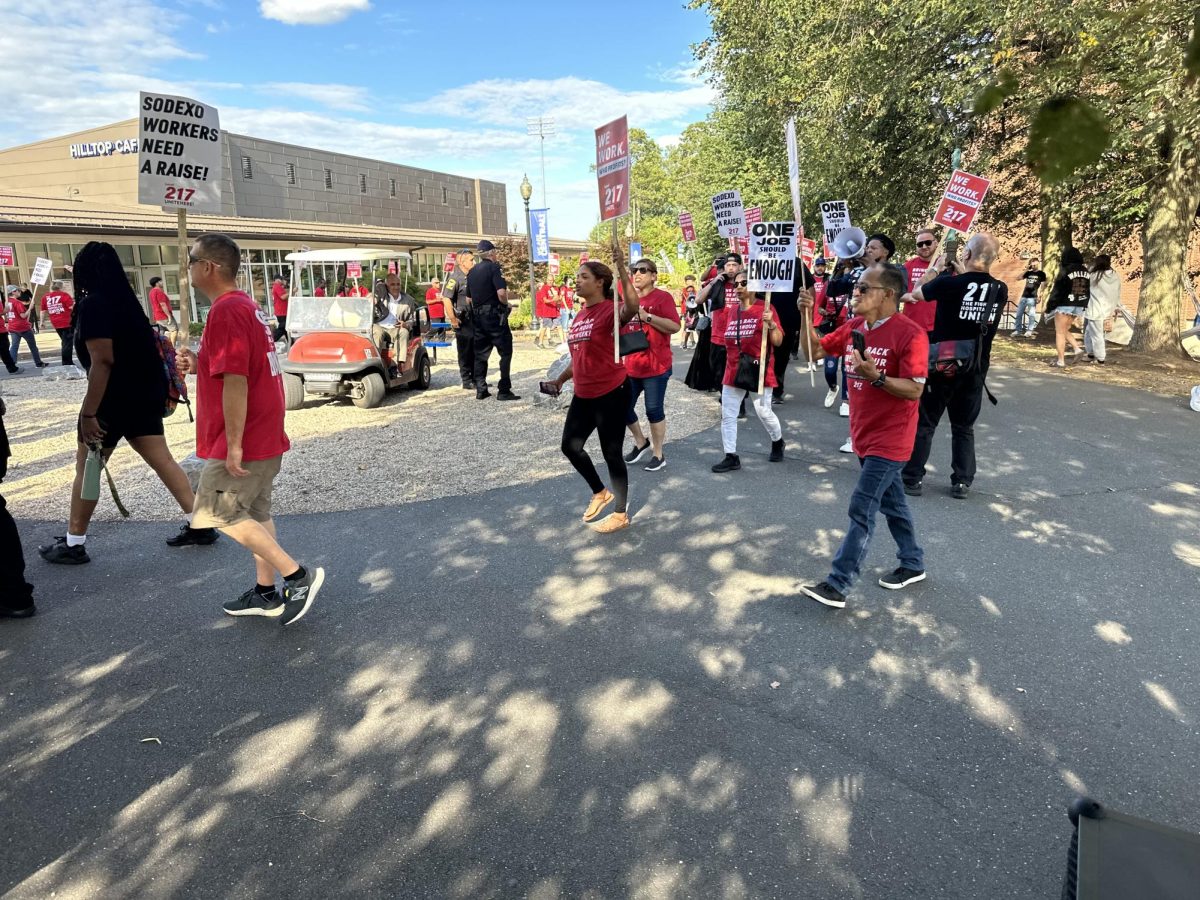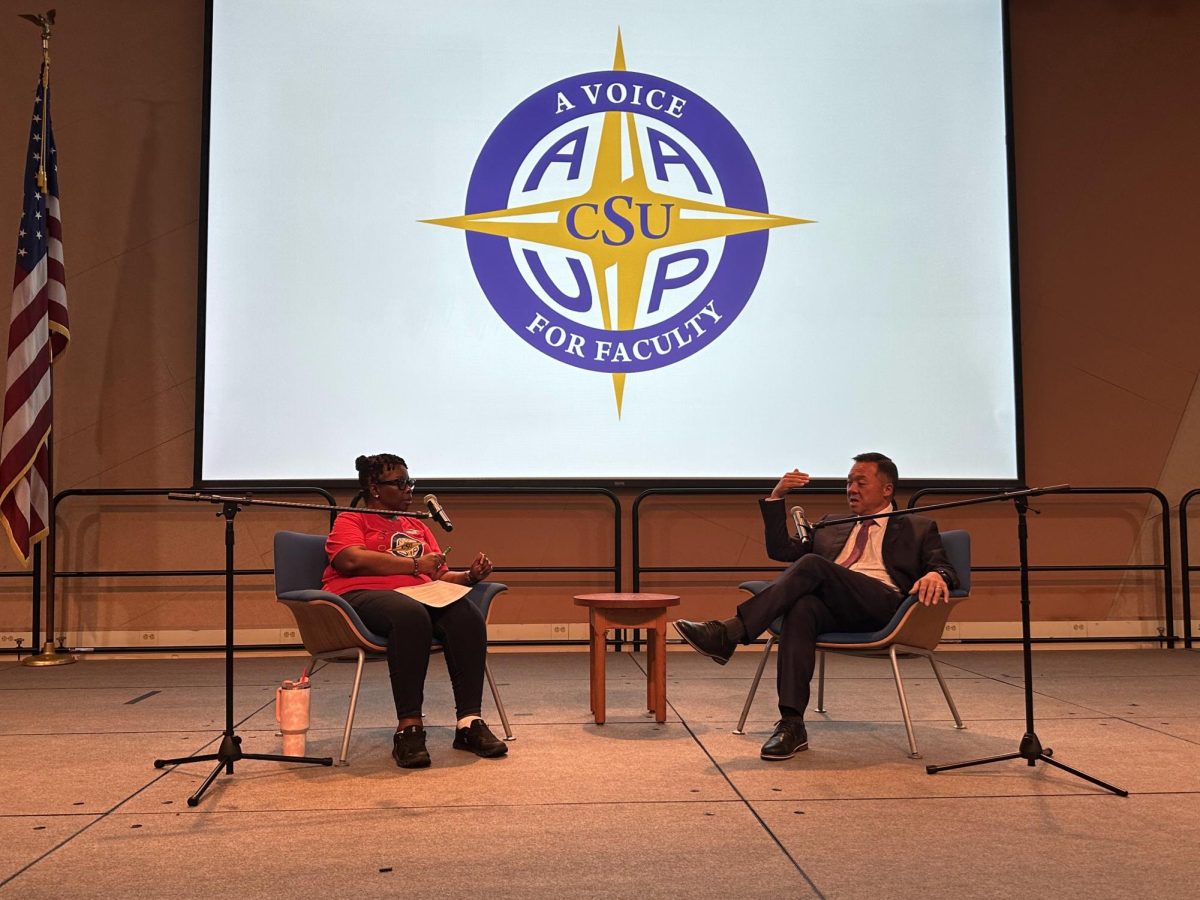 By Faustine Colin
By Faustine Colin
Remarking on the connections between racial tensions in America and criticism of President Barack Obama, CCSU history professor Katherine Harris delivered a lecture highlighting key criticism of our new President.
When she was asked to talk about this topic, she immediately thought of the book “Here I Stand” by Paul Robeson.
“I opened to this page and the quote that he mentioned is very revealing to our topic, Paul Robeson wrote ‘Here I Stand’ in 1957,” she explained.
“This comment I couldn’t let go by: ‘A century has passed since Frederick Douglas pointed out that the relation exiting between black and white people of this country is a central question of the age,’” she went on to quote.
“Paul Robeson was quoting Frederick Douglas, who wrote that in the 1840 but now we are in 2009 and we are still dealing with that question.”
Harris went on to ask that question. “Is the issue of race a static concept that is something unchanging?” she asked, “Is race an invisible entity?”
Since Americans have elected an African American president, some people consider that racism is not a problem anymore and that “race is now invisible.”
And Professor Harris added, “Can the discussion on the topic become a source of a transformative dialogue on race, trust, reconciliation and humanity?”
She also cited bits of information from the New York Times article “As Race Debate Grows, Obama Steers Clear Of It.”
Obama said that he is not the first president accused of being a communist or socialist.
Harris explained that Obama pointed out that presidents before him have been criticized in that respect. “Are there people who don’t like me because of my race? I’m sure there are,” Obama was quoted as saying.
“The things that were said about Roosevelt were pretty similar to the things that were said about me.”
Obama was also quoted as saying, “race is such a volatile issue in this society” that it is difficult to determine whether it is a “predominant factor” in political discussions or part of the background.
Other views published in the New York Times included those of columnist Maureen Dowd, who is blamed for stirring up the race debate.
Harris commented that there is also a tension between conscious and unconscious racism in the United States. She said that unconscious is obviously harder to detect and therefore harder to eradicate.
Professor Harris added that many of these events reflect the issues of race in the States.
She recalled the racially charged incident involving Harvard University professor Henry Louis Gates Jr. He was arrested at his home after a neighbor called police with suspicions that he was trying to break into the house.
He was arrested, according to police, for exhibiting “tumultuous behavior.”
A reporter asked Obama what he thought about that event and the police officers specifically, to which he responded, “they acted stupidly.”
When Obama arranged for he, Gates and the overseeing police chief Sgt. James Crowley to meet over a beer and discuss the issue, Harris was dismayed to see that critics had called the situation “two black men ganging up on Crowley.” She pointed out that Vice President Biden also attended the meeting.
Race remains a factor American society. Another example that illustrates this fact is when President Obama went to a school in Texas. It was a very “innocent speech,” said the speaker.
But some conservative parents saw he opportunity for the president to impress young minds. It is how an “innocent event,” Harris said, becomes an incident with racial undertones.
Furthermore, the subject of healthcare is very sensitive. There is a theory that says healthcare reform should be used in order to pay back the African Americans who were slaves, or “healthcare are retribution.”
The current debate on healthcare was “linked to something that had nothing to do with healthcare.”
The lasting effect of comics and images portraying Obama negatively “has done a lot of damage,” said Harris.
On a large screen she showed a few examples of images such as the food stamps that, she pointed out, are commonly associated with African Americans or people in need.
She explained that the world is binary, in a world in black and white.
Harris also said that regardless of the social and racial circumstances, Obama’s election “is a political and a social miracle.”

